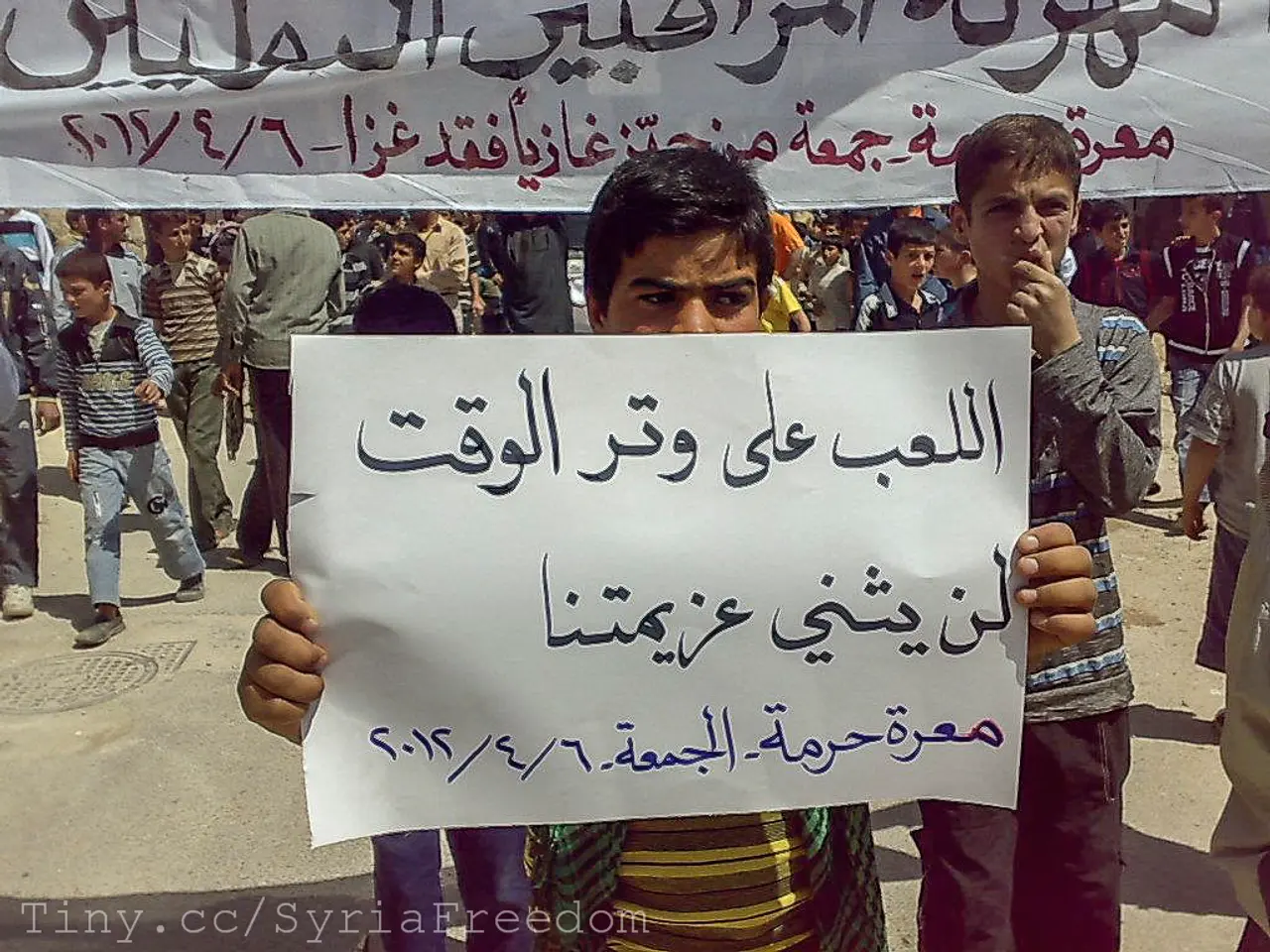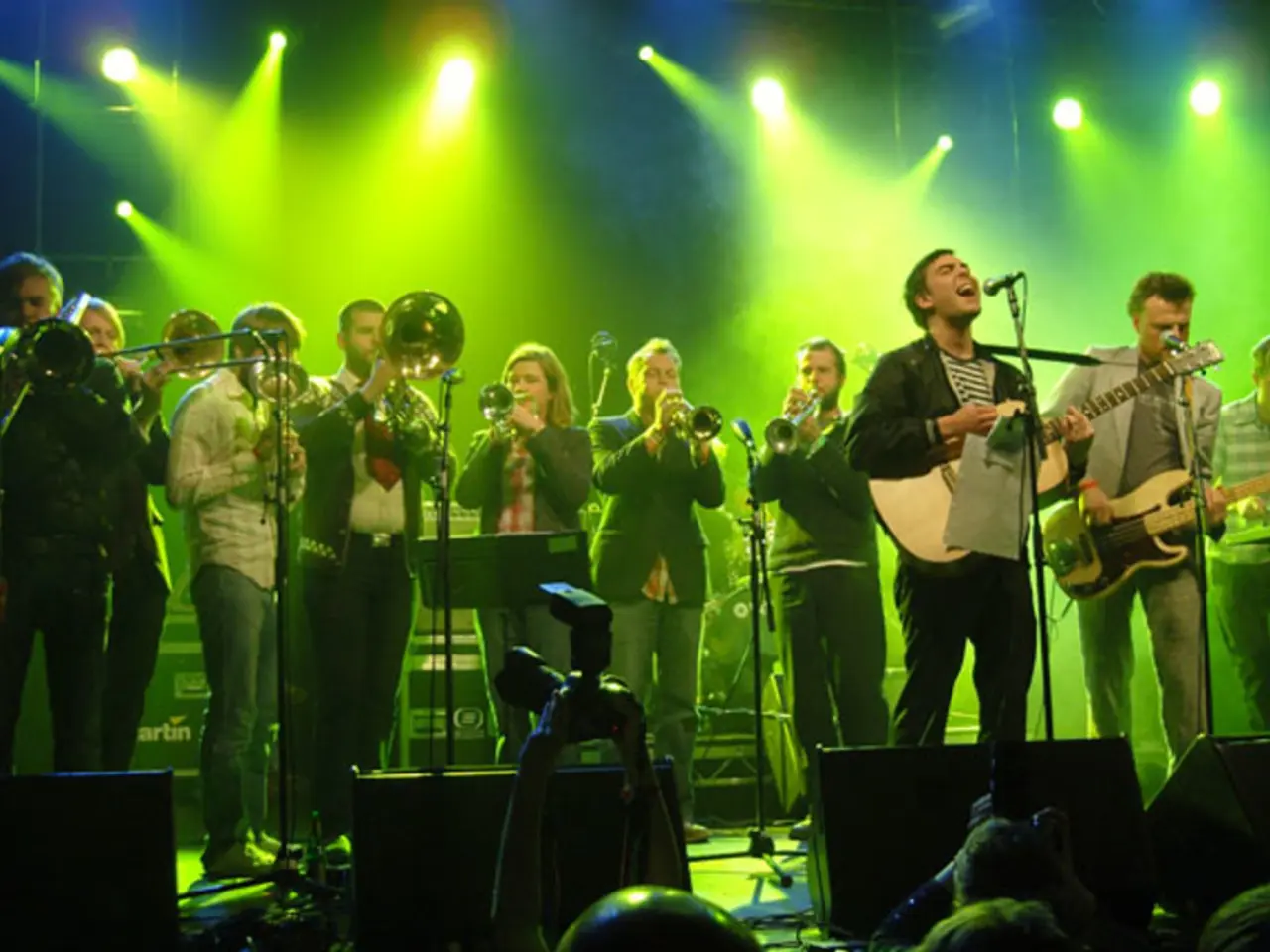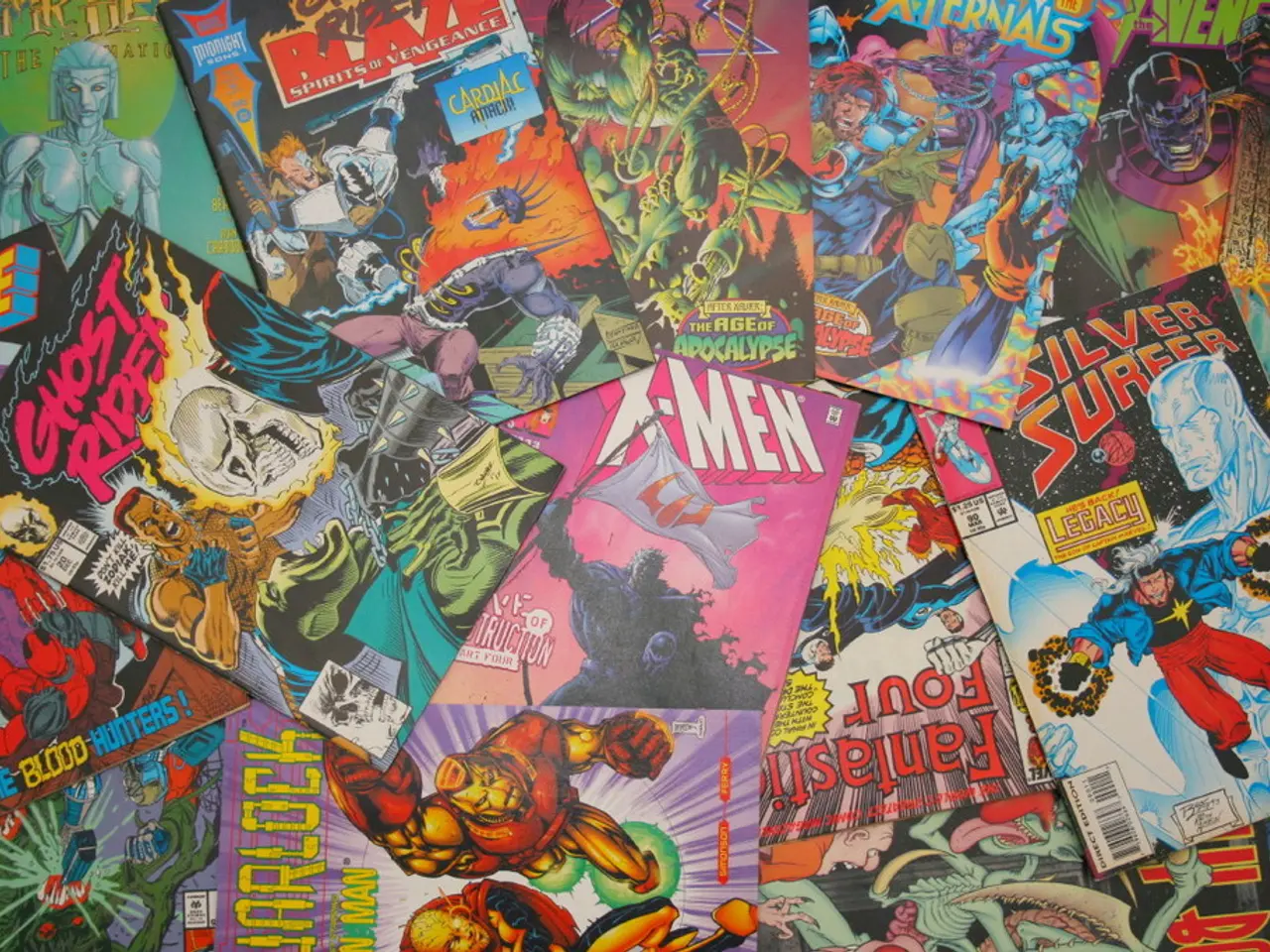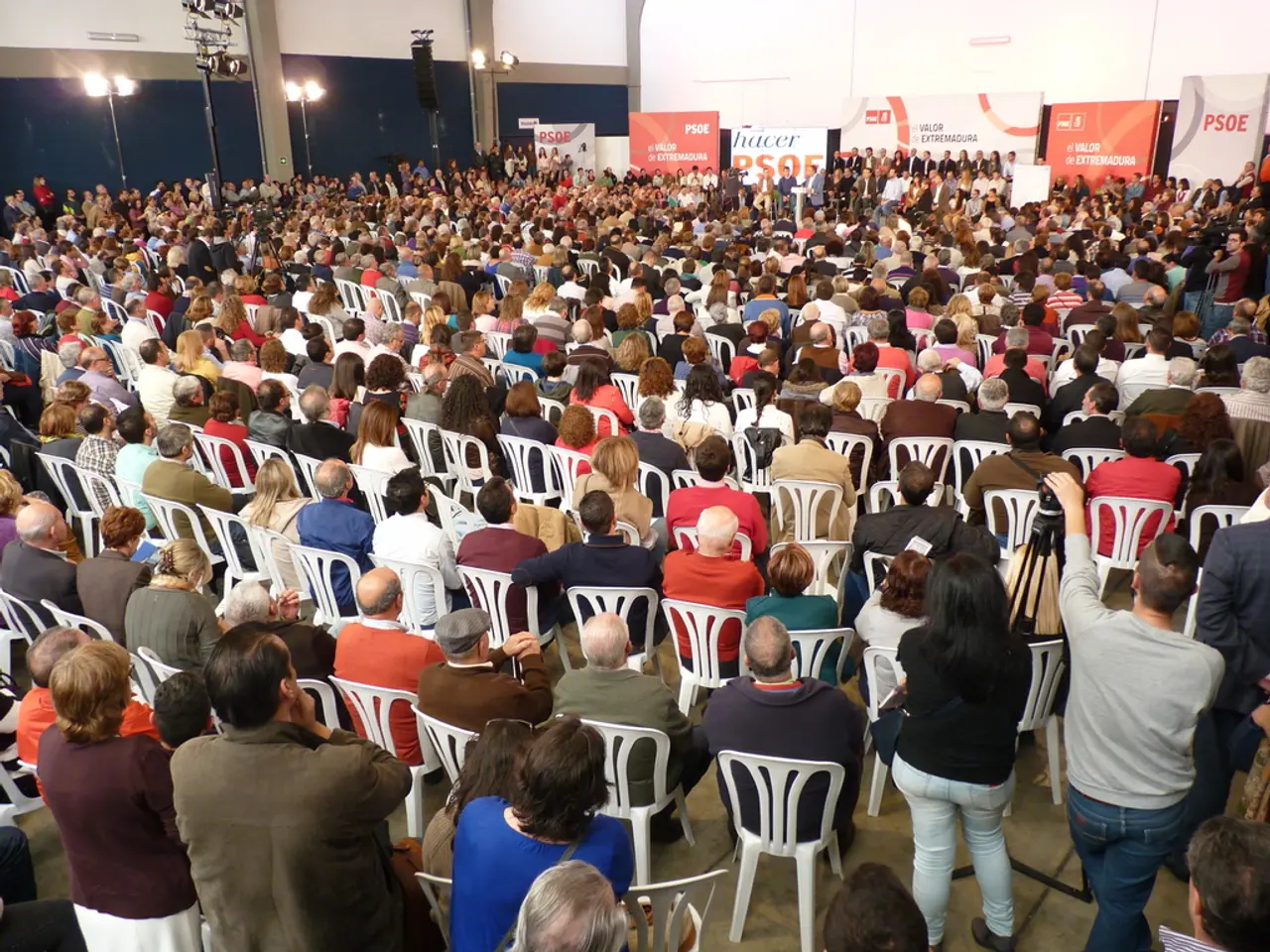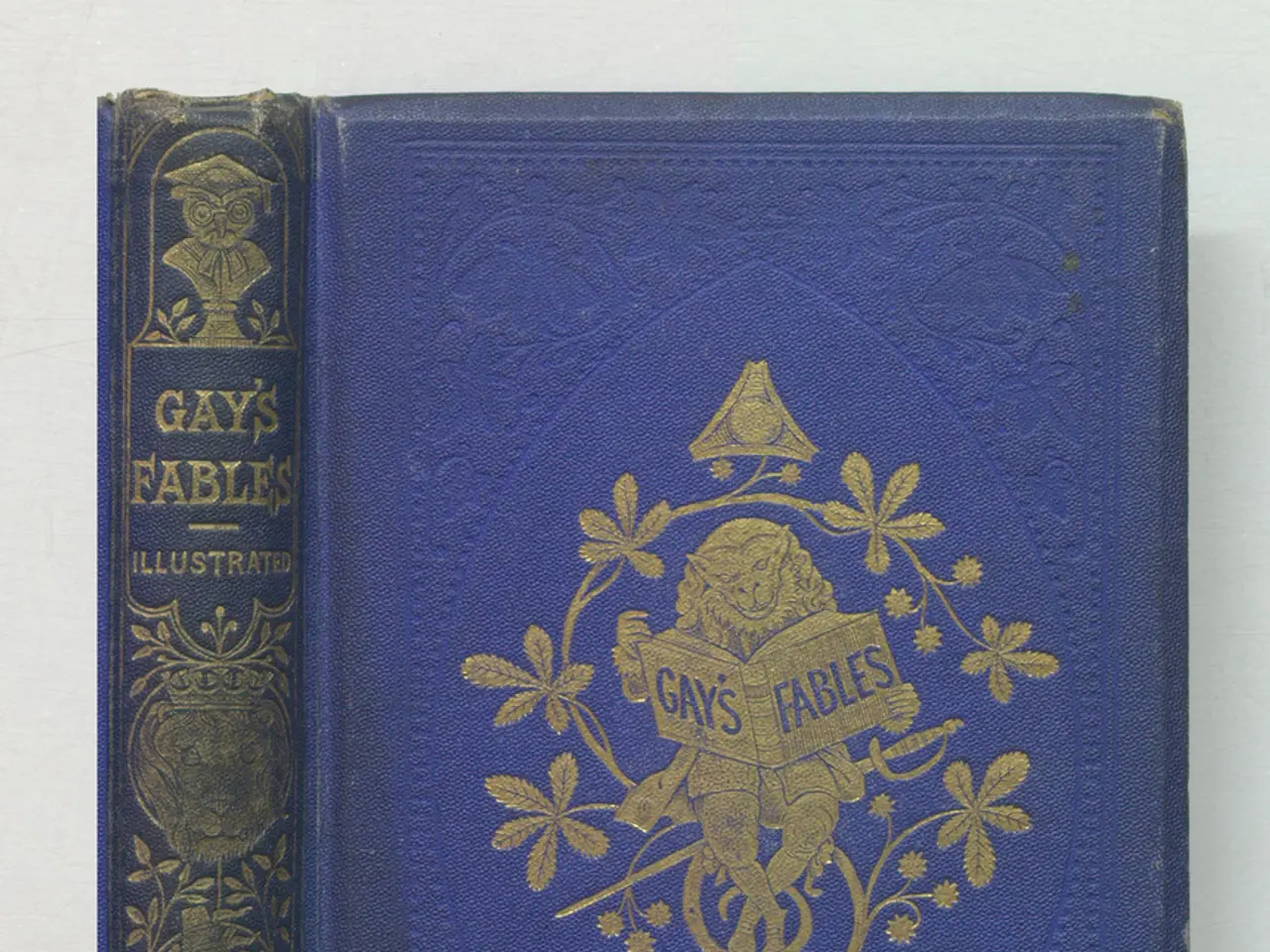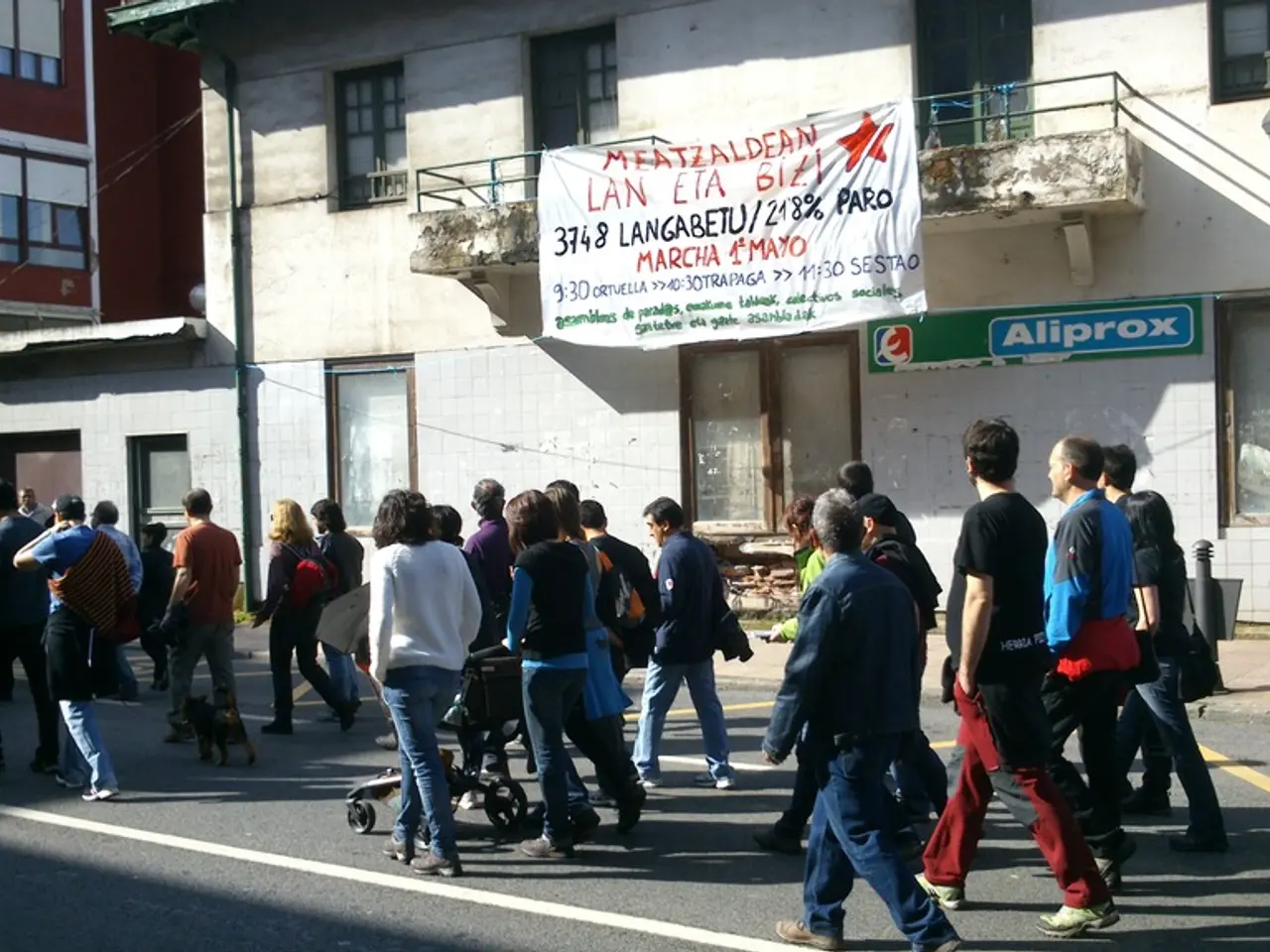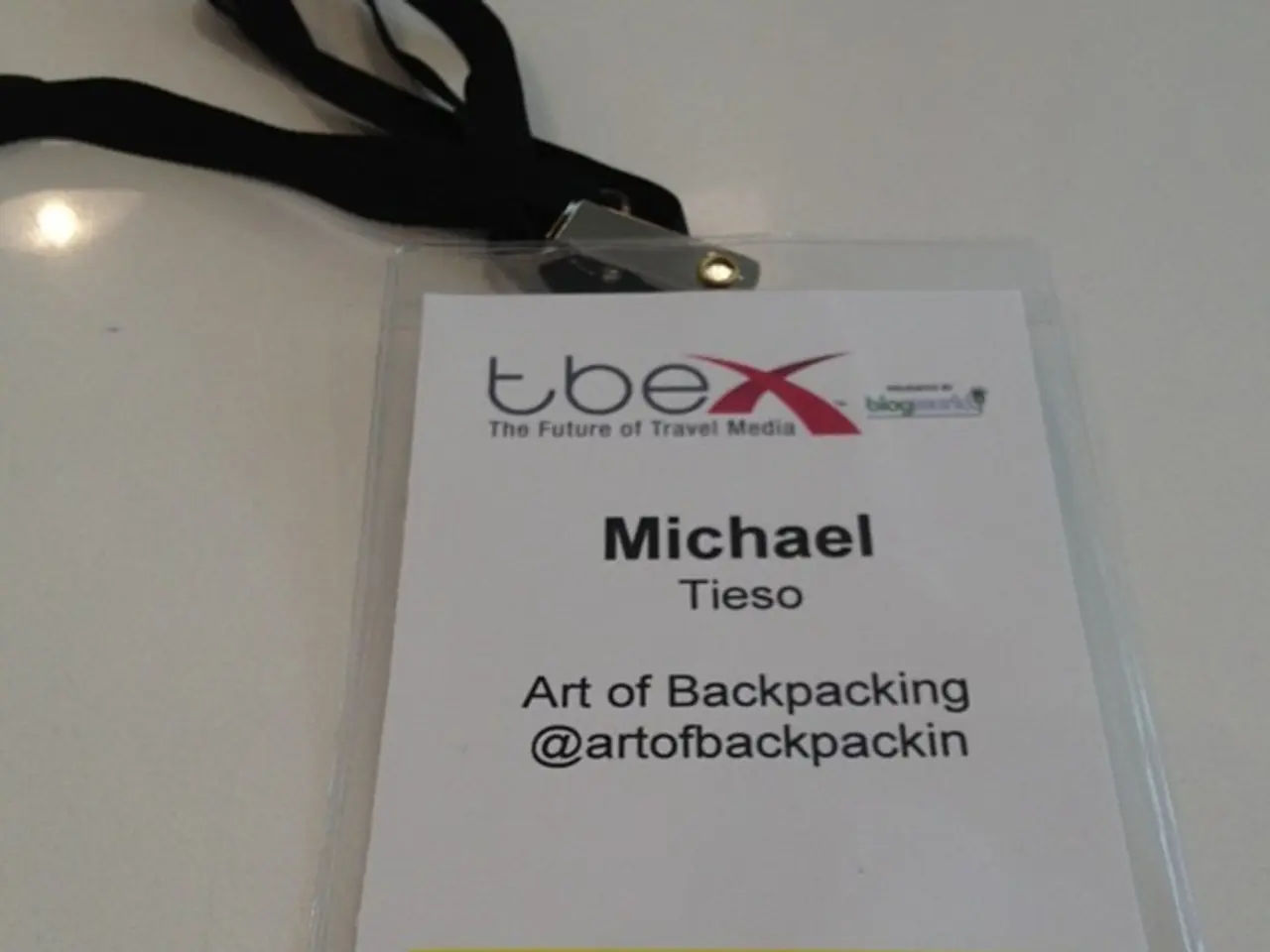The delicate balance between popular music and politics
Music has long been a powerful agent of change, serving as a mirror and a catalyst for social and political uprisings. Across different periods and movements, music has expressed collective identity, fostered unity, articulated grievances, and inspired action.
Recently, this power was on display at the Glastonbury festival, where the punk-rap duo Bob Vylan delivered a politically charged performance that ignited controversy. The set, which included aggressive polemics about class war, sexism, racism, police brutality, and the Israel-Palestine conflict, saw Bobby Vylan launching a chant of "Death to the IDF" and denouncing a former record label boss as a "Zionist."
The performance was broadcast live by BBC cameras, causing a furore that has echoed similar debates about the role of music in inciting change. The ultimate metric for agitpop's success, after all, is action, and the effectiveness of music as a catalyst for change has grown thinner.
This controversy is not new. In the African American experience, music was central to building a sense of community and cultural identity, especially during times of oppression. Songs and rhythms became a means of recognising, changing, and conquering time, according to James Baldwin. During the French Revolution, music transcended entertainment to become a tool of political expression and social cohesion.
In more recent decades, genres like hip-hop and pop music have continued this tradition. Artists like Tupac Shakur and Public Enemy used rap to confront racial injustice and economic inequality, turning their lyrics into anthems for marginalized communities. Similarly, Beyoncé’s visual and performance art has highlighted issues of racial justice and black identity, sparking national conversations and motivating social action.
However, the line between music as a vehicle for change and music as a tool for division can sometimes blur. A criminal investigation has been launched into Bob Vylan's set and the one by Irish rappers Kneecap due to pro-Palestine sloganeering. The BBC's boss Tim Davie is under pressure to resign due to the broadcast of Bob Vylan's performance.
Keir Starmer and the UK's chief rabbi Ephraim Mirvis have expressed disapproval of the performance, highlighting the sensitive nature of the issues addressed. Yet, the power of music to mobilize people and bring about change remains undeniable.
From the 1830 Brussels revolution to the 2011 Egyptian revolution, music has played a significant role in inciting change. Even the White Stripes' "Seven Nation Army" riff has become emblematic, used to soundtrack various chanted names.
As we continue to grapple with the complexities of our contemporary world, the role of music in fostering change and sparking dialogue remains vital. Whether it's through protest songs that encapsulate collective outrage and aspirations for change or performances that challenge the status quo, music will continue to serve as a reflection and a catalyst for the times we live in.
[1] Johnson Reagon, B. (1978). Cooperation and Conflict: Black Women in the Post-Slavery Era. Southern Illinois University Press. [2] Smith, J. (2002). The French Revolution: A Very Short Introduction. Oxford University Press. [3] Rothenberg, J. (1998). Rock 'n' Roll Is Here to Stay: An Anthology. Wesleyan University Press. [4] Thunberg, G., & Eilish, B. (2019). No Time to Waste. Simon & Schuster. [5] Starr, E., & Marley, B. (1970, 1973). "War" and "Get Up, Stand Up." Motown Records and Island Records.
- In the digital age, social media platforms have become a significant platform for the dissemination of music, further amplifying its power to shape pop-culture and ignite discussions about social issues, just as Tupac Shakur's music did in the past.
- As the lines between music, entertainment, and politics continue to blur, social media serves as a forum for debates mirroring those that occurred during the French Revolution, where music transcended entertainment to become a tool of political expression and social cohesion.
